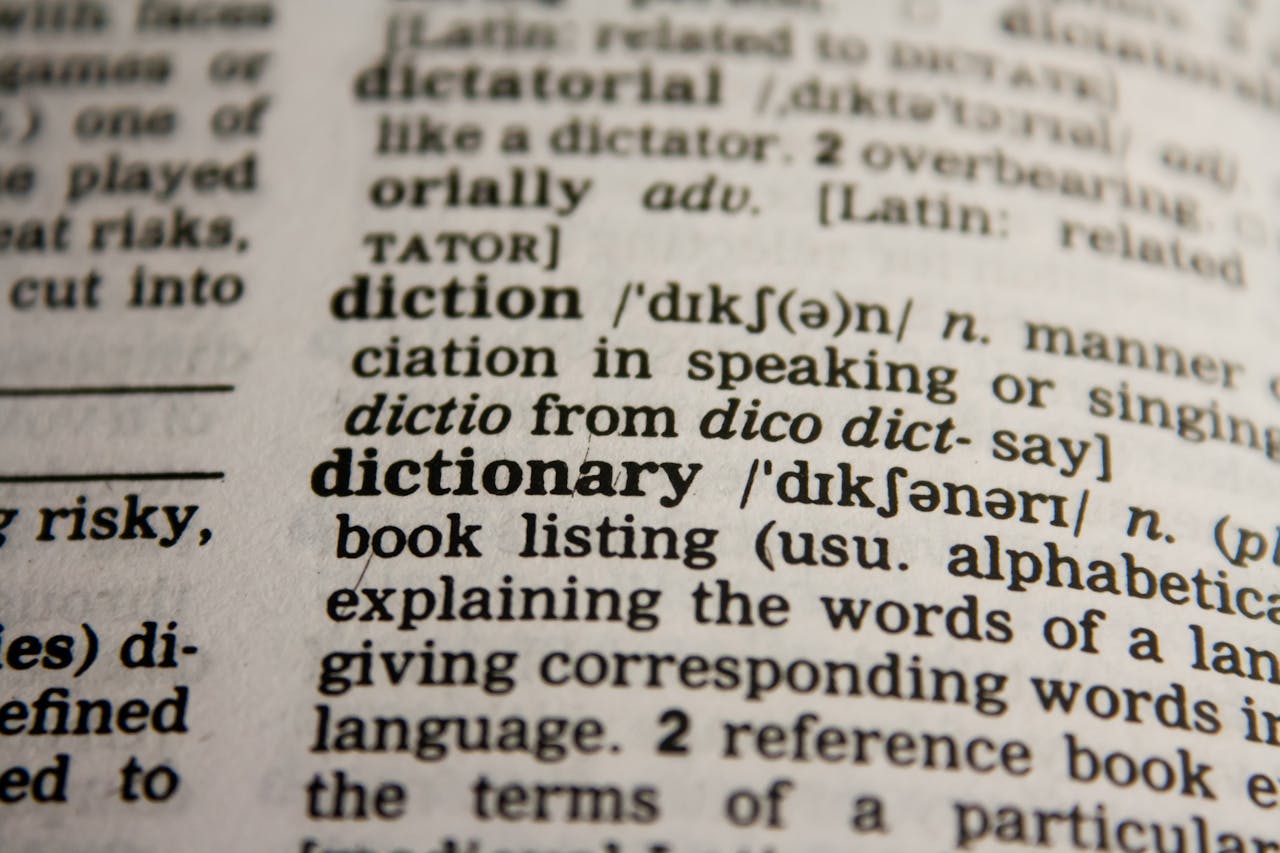In an increasingly globalized world, businesses and organizations rely on translation services to expand their reach and communicate effectively with international audiences. However, not all translations are created equal. Specialised translation—the process of translating industry-specific content with precision and expertise—is crucial to ensuring accuracy, credibility, and success. Failing to use specialised translation can result in costly mistakes, legal issues, and reputational damage.
The Risks of Poor Translation
1. Legal and Compliance Issues
Many industries, such as legal, medical, and financial services, operate under strict regulations. A mistranslation in a contract, a medical report, or a financial statement can lead to severe legal consequences, misinterpretations, or even lawsuits. A company's capacity to operate in specific areas may be impacted by non-compliance penalties resulting from inaccurate translations of compliance documentation.
2. Loss of Credibility and Reputation Damage
A poorly translated document can make a company appear unprofessional and unreliable. Customers and business partners may lose trust in a brand that fails to communicate accurately and effectively. In some cases, mistranslations in marketing materials have led to embarrassing blunders, negatively impacting brand image and customer perception.
3. Financial Losses and Business Setbacks
Translation errors can be expensive to fix, requiring rework, refunds, or legal fees. Worse, they can cause business opportunities to be lost altogether. Inaccurate translations in business proposals, product manuals, or investor reports can result in misunderstandings that deter potential clients and partners from moving forward with a deal.
4. Technical and Safety Risks
Industries such as medical, pharmaceuticals, engineering and aerospace require precise technical translations. Misinterpreted medical reports, clinical trials, technical manuals, incorrect labelling, or mistranslated safety instructions can lead to equipment health risks, malfunctions, or accidents. In some cases, errors in these fields can have life-threatening consequences.
Why Specialised Translation Makes a Difference
Documents with specialised translation are guaranteed to be technically and contextually correct, in addition to being linguistically accurate. Professional translators with expertise in specific industries understand the terminology, regulations, and cultural nuances necessary to deliver high-quality translations. They also utilize advanced translation tools and quality assurance processes to maintain consistency and accuracy.
Choosing the Right Translation Partner
To avoid the risks of poor translation, businesses should work with a translation partner that offers:
- Industry Expertise – Professional translators with deep knowledge of the sector.
- Quality Assurance – Rigorous proofreading, editing, and terminology consistency.
- Confidentiality and Compliance – Secure handling of sensitive documents.
- Technology Integration – The use of CAT tools and MT-assisted translation with human oversight.
Specialised translation is not a luxury—it’s a necessity for businesses that want to maintain professionalism, comply with regulations, and succeed in international markets. The risks of inaccurate translation are too great to ignore. Whether you need clinical trials, product inserts, legal contracts, technical manuals, or marketing materials translated, partnering with expert linguists ensures that your message is delivered accurately and effectively.
Need specialised translation services? Contact EuroGreek today to ensure precision, reliability, and expertise in every project.




